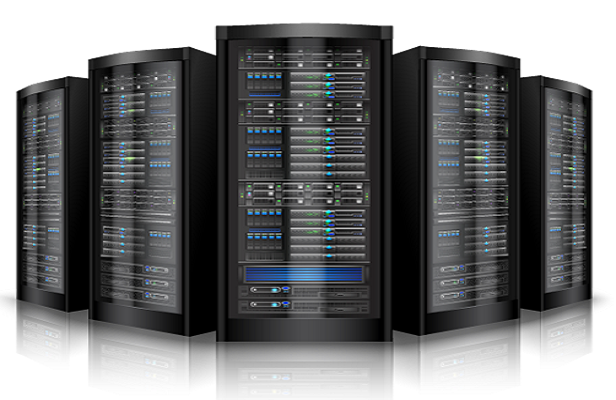When it comes to upgrading your server, in today’s day and age more than likely you will be leaning towards migrating to a cloud network. Where this becomes tricky is when you either have a physical server within your company that has all data stored within it and thus are reluctant to new technology, or you may have already adopted a cloud base solution that is or isn’t giving you the desired outcome.
Whatever the reasoning, the following 5 scenarios are popular ones among many businesses in which they begin to consider migrating to a new server. It’s important to note that all of these scenarios will impact on a company’s overall productivity:
- System Downtime Is Increasingly Becoming A Problem
- System uptime is essentially the timeframe in which all of your IT systems are up and running and able to actively assist your company’s main components of success. of course, the opposite of this is detrimental to any company and can be a result of outdated servers and the software in which they are running on.
- The Current Server isn’t Able To Run Intensive Applications
- If you are looking to expand your website, product or service portfolio or even improve internal collaboration between employees, chances are that if you have an outdated server it will not have the ability to host any of this software. Upgrading to a cloud based solution for example will give companies and their internal (or outsourced) IT team the autonomy to implement these applications into the business.
- The Need For Increased Data Storage
- This is a big consideration when looking to upgrade a server. If your business is currently growing and thus using mroe bandwith internally, a larger storage capacity will be required to meet the needs of the organization. Always ensure that whatever server you do decide to purchase, will have 25%+ more capacity than you are anticipating on using.
- Lack Of Internal IT Expertise
- While all of the above are fantastic implementations and problems to solve, there is little use of spending money unless you have a team with the skillset to implement it into the business. Whether you have an internal or outsourced IT team, as aforementioned, ensure that they have the required skillset to utilize as the company grows.
- Overall Success Of The Business Is Being Compromised
- Perhaps the most obvious scenario and problem when it comes to a server. If the overall company operations are struggling as a result of poor IT infrastructure, not only will you be wasting money on current resources, you will also be losing potential business and opportunity loss.
It is absolutely vital to address all of these issues for a start and really consider whether or not your current IT set up is benefiting them. While these aren’t the only ways to determine whether you need a new server, they are a great starting point and if you are performing poorly in any areas, strongly consider looking at other options or else risk inefficiencies within the company.
